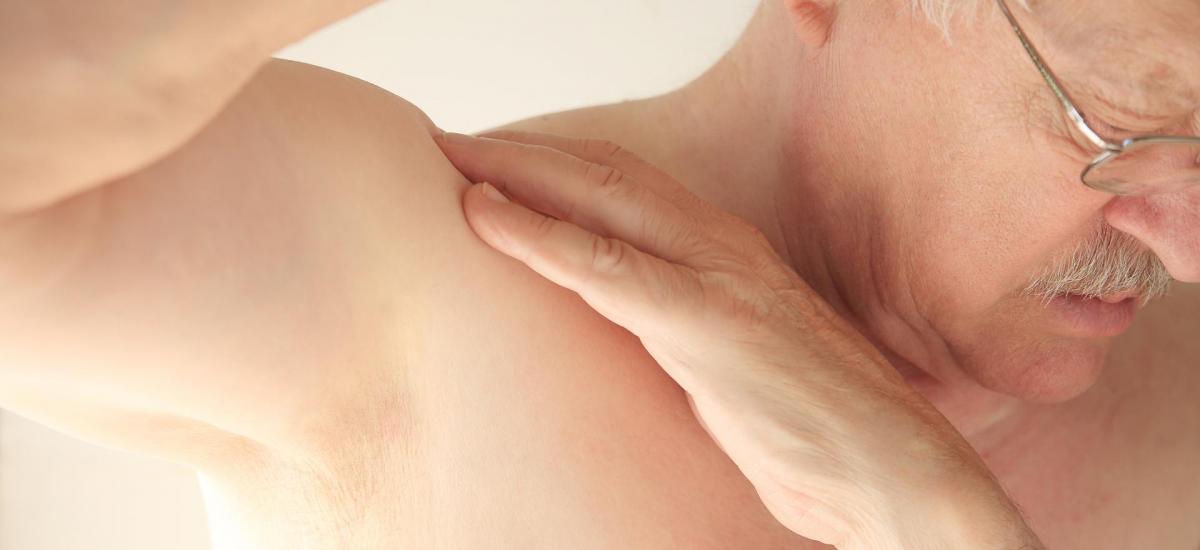By Peter Simpson, OsteoMAP Tutor and Lecturer
In the OsteoMAP persistent pain clinic, we invite participants when they are noticing or attempting to notice their thoughts and feelings in response to their pain experience, to be kind and compassionate with themselves.
With the experience of pain, there can be thoughts and feelings that serve to amplify the already unpleasant sensation making the person feel more anxious and depressed. Self-criticism and blaming are common and there are those among us who are extremely harsh self-critics. We fight, we blame and shame ourselves for our pain and in response, we can abandon ourselves and look to whoever (and whatever) would give us comfort and run away or, freeze and get stuck in ruminations. (Germer C. Psychology Today)
In the last 6 years of the OsteoMAP persistent pain clinic, I have learned from the people I have worked with that many of them find it far easier to be kind, caring and compassionate with others than themselves. I notice too that some students I work with share similar characteristics in that they push themselves unforgivingly and making themselves unwell yet they are ready and willing to be supportive of friends needing to take time out. I am guilty too of exactly the same things. I want to work hard, I want to do things well, and I want to be ‘there’ and be involved in everything and to be seen to be good at what I do. I am not good at letting things go and whilst I can, at times, be kind to myself, I really struggle with it; it really is not easy!
Self-compassion according to Neff, K. D. (2003, 2009, 2011) has 3 main components: Self-kindness (instead of being critical), feelings of common humanity (we all have weaknesses and make mistakes) and mindfulness which offers a “meta-perspective” helping us to not become engulfed by pain or distress.
Try to think of ways you already care for you and ask yourself what would be helpful right now? Consider what you might say to a close friend in a situation like this and how you might say it. Your tone of voice towards a friend would most likely be one of kindness and warmth highlighting the care and affection for that person and thus ourselves.
Self-compassion can be comforting (caring words), soothing (a warm bath or a breathing meditation) and validating (I know things are hard right now) or protecting (saying “No”- which some people really struggle with!), providing (good food and sleep) and motivating (believing in yourself).
There is a caveat though! “When we struggle, we practice self-compassion not to manipulate our emotions or fix our pain so that we feel better but because we feel bad” (Germer C. Psychology Today).
Further Reading
- https://www.psychologytoday.com/gb/blog/between-cultures/201802/be-kind-yourself
- Neff, K. D. (2003). Self-compassion: An alternative conceptualization of a healthy attitude toward oneself. Self and Identity, 2, 85–102.
- Neff, K. D. (2009). Self-Compassion. In M. R. Leary & R. H. Hoyle (Eds.), Handbook of Individual Differences in Social Behavior (pp. 561–573). New York: Guilford Press.
- Neff, K. D. (2011). Self‐compassion, self‐esteem, and well‐being. Social and Personality Psychology Compass, 5(1), 1-12.

